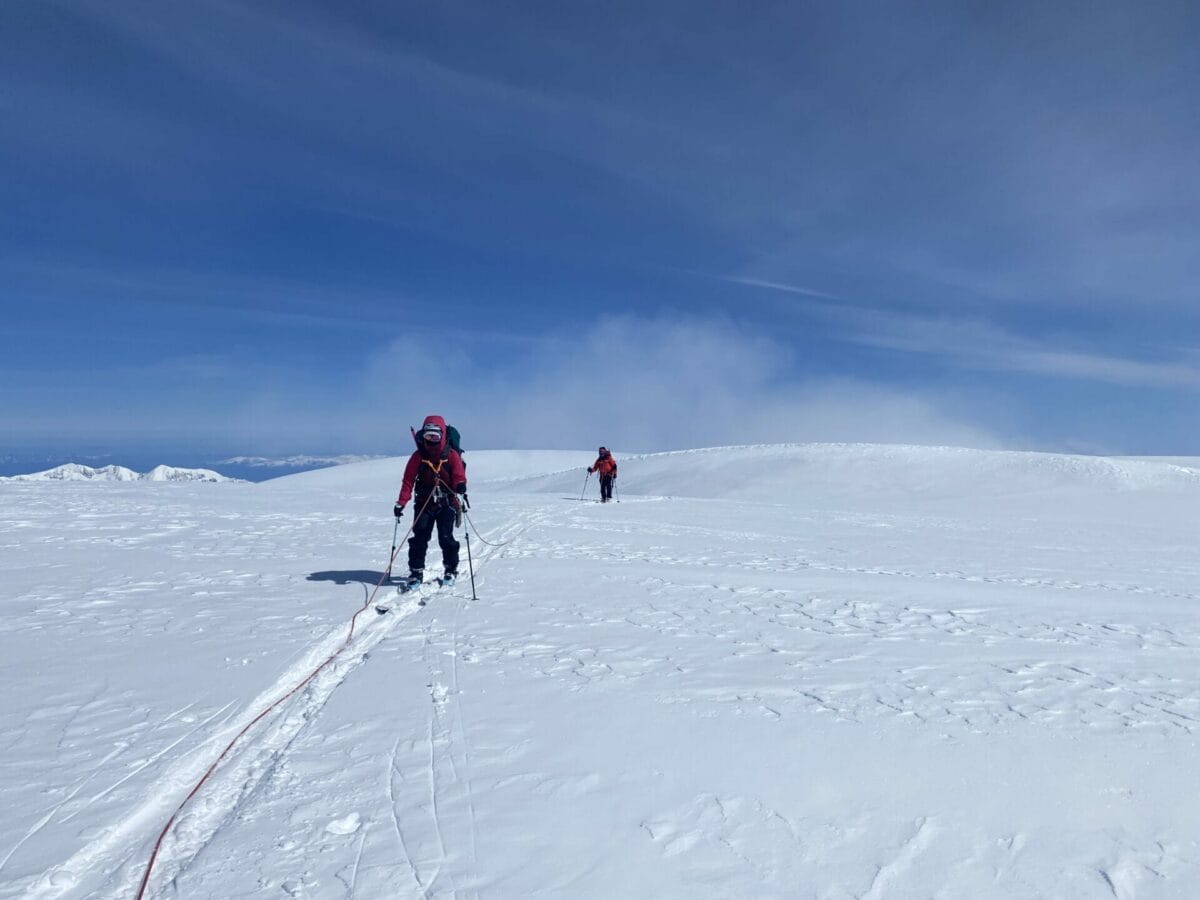
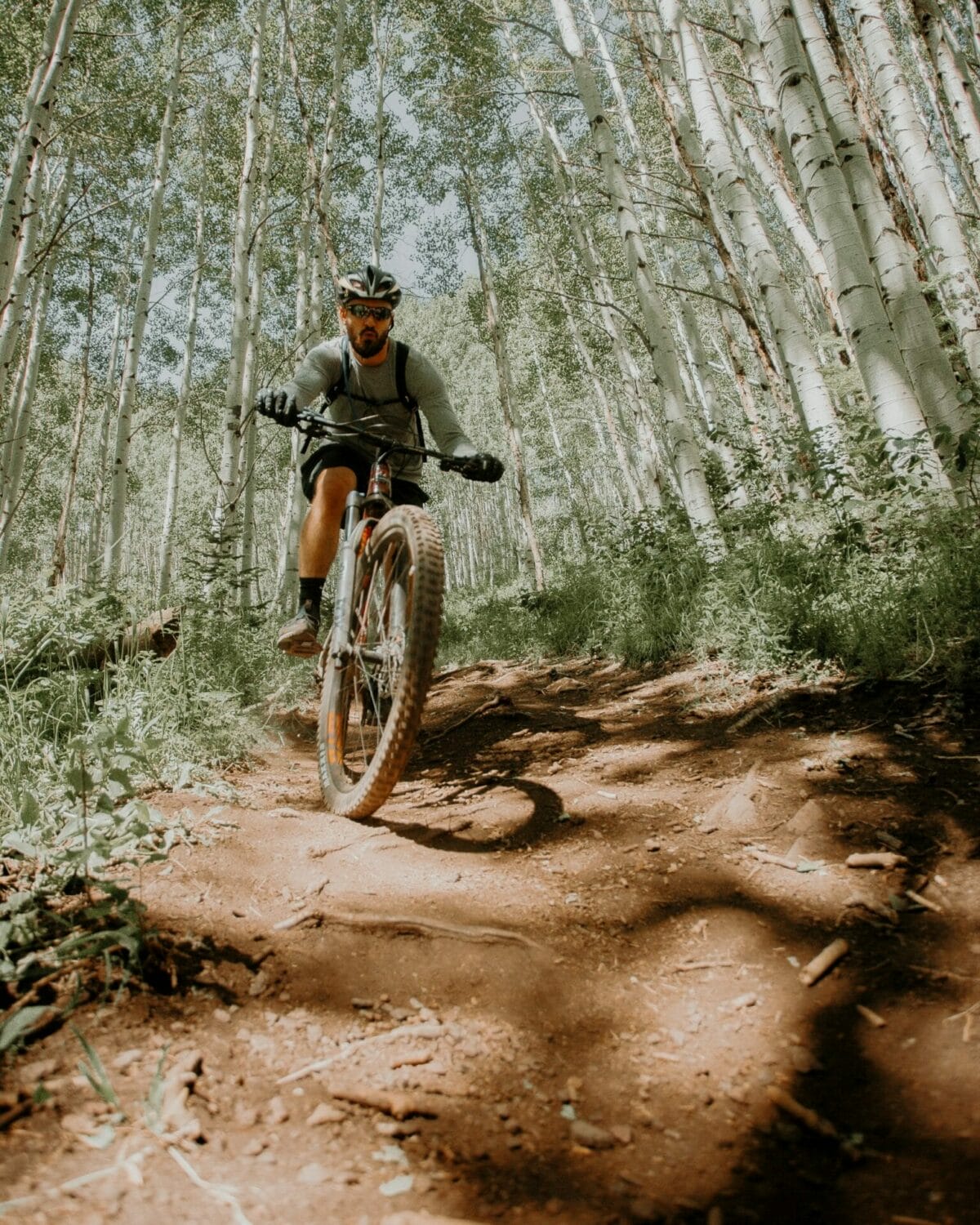
It’s that time of year – late spring and avid mountain bikers are gearing up for the epic, grueling Leadville Trail 100 mountain bike race (LT 100 MTB). This race places extraordinary demands on the body, from the altitude to the elevation change to the complex terrain.
A solid nutrition plan is vital for your success in the Leadville Trail 100 MTB race. In this blog, I will cover the foundational nutrition principles that you should have in place before this race. The sooner you can start dialing in your nutrition for LT 100 MTB, the better!
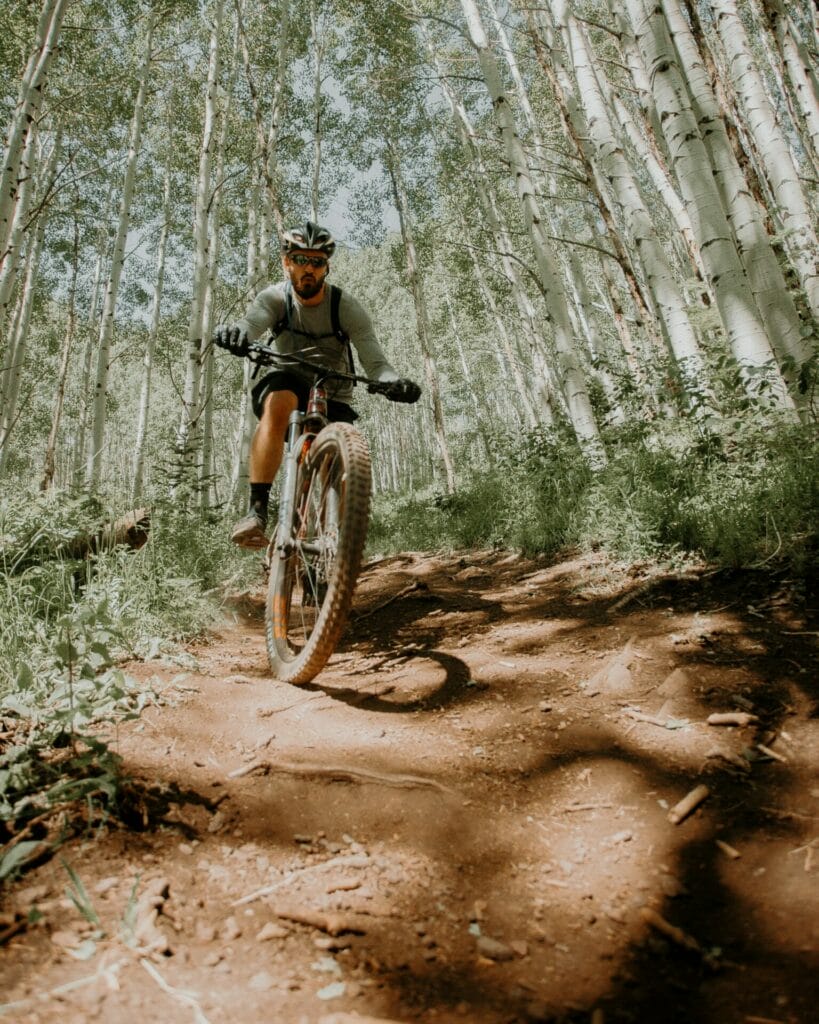
Please don’t leave your nutrition up to change in the LT 100 MTB! How you fuel before and during an ultra-endurance race like LT 100 MTB can make or break how you feel and perform during the race.
Simply put, your nutrition impacts your muscles’ ability to produce energy for movement and your brain’s ability to stay focused throughout the event. A lack of proper fueling is a common cause of DNFing (Did Not Finish) in endurance races; optimizing your nutrition plan may help you avoid the dreaded DNF and cross the finish line feeling proud and accomplished!
Your nutrition plan for Leadville should include a daily nutrition plan for fueling during training and a nutrition plan for race day.
To build your daily nutrition fueling plan, check out my blog on mountain biking nutrition. Of course, I also help mountain bikers develop their daily nutrition plans via one-on-one consultations in my sports nutrition practice. I am happy to help if you want one-on-one, personalized support!
Here are a few considerations for your daily nutrition plan while you’re training for Leadville:
Racing nutrition is very individualized. What works great for one person may work terribly for another, so practicing your racing nutrition plan during your training is crucial to finding what works for you. Here are some basics for building your race-day fueling plan:
The Leadville Trail 100 MTB reaches a peak elevation of 12,600 feet above sea level. You’ll be at high altitudes that your body probably isn’t used to at all for most of the race! Altitude puts extra nutritional demands on the body.
As I mentioned above, our bodies may burn carbs more effectively than fats for fuel at altitude. Consider this when you build your daily nutrition and race-day fueling plans.
The risk of dehydration also increases at altitude. Drinking plenty of fluids and replenishing electrolytes will be crucial throughout the race.
I highly recommend optimizing your iron status at least 2-3 months before the race. Iron is an intrinsic part of hemoglobin (in red blood cells – RBCs) and myoglobin, the proteins that transport oxygen in your bloodstream and muscles.
At altitude, the reduced partial pressure of oxygen in the atmosphere reduces the driving pressure for oxygen exchange in the lungs, compromising oxygen availability in the body. Ensuring an optimal iron status will allow your body to make enough hemoglobin and myoglobin to carry the oxygen available at altitude.
For more information about the importance of iron for athletes, especially those exercising at altitude, check out my blog, The Importance of Iron for Mountain Athletes.
Your body also needs vitamin B12 for RBC formation. I recommend working with your healthcare provider to test your vitamin B12 and a complete iron panel at least 2-3 months before the race so that if you’re low, you can work on optimizing your levels of these nutrients well before the race.
Want more nutrition tips for the Leadville Trail 100 MTB? Check out an interview I recently did on the GetMyBuckle YouTube channel on this topic!
You’ve spent a ton of time, energy, and (probably) money preparing for the Leadville Trail 100 MTB; don’t let your nutrition be the thing you gloss over or skimp on! With the proper daily nutrition and race-day fueling plans in place, you can be strong and successful in your race!
I hope the nutrition information I’ve shared in this article will help you up-level your nutrition so you can feel and perform your best during training and when racing the Leadville Trail 100 MTB!
If you need personalized nutrition guidance to support your mountain biking training and racing, I would love to help! If you’re ready to start, schedule a complimentary discovery call to learn how I can help you!
The content provided on this nutrition blog is intended for informational and educational purposes only. It is not a substitute for professional medical advice, diagnosis, or treatment. Always seek the advice of your physician or other qualified health provider with any questions you may have regarding a medical condition. Never disregard professional medical advice or delay seeking it because of something you have read on this blog.
The information and recommendations presented here are based on general nutrition principles and may not be suitable for everyone. Individual dietary needs and health concerns vary, and what works for one person may not be appropriate for another.
I make every effort to provide accurate and up-to-date information, but the field of nutrition is constantly evolving, and new research may impact dietary recommendations. Therefore, I cannot guarantee the accuracy or completeness of the information presented on this blog.
If you have specific dietary or health concerns, please consult a qualified nutritionist or another healthcare professional for personalized guidance.
I empower others through nutrition to conquer their mountain adventures, drawing from my own experiences.
With a background in Biomedical Science and an M.S. in Human Nutrition, I’m a Certified Nutrition Specialist and Licensed Dietitian Nutritionist. My journey in functional medicine has equipped me to work alongside athletes and tackle complex health cases. As a passionate trail runner, backcountry skier, and backpacker, I strive to support others on their paths to peak performance and well-being.


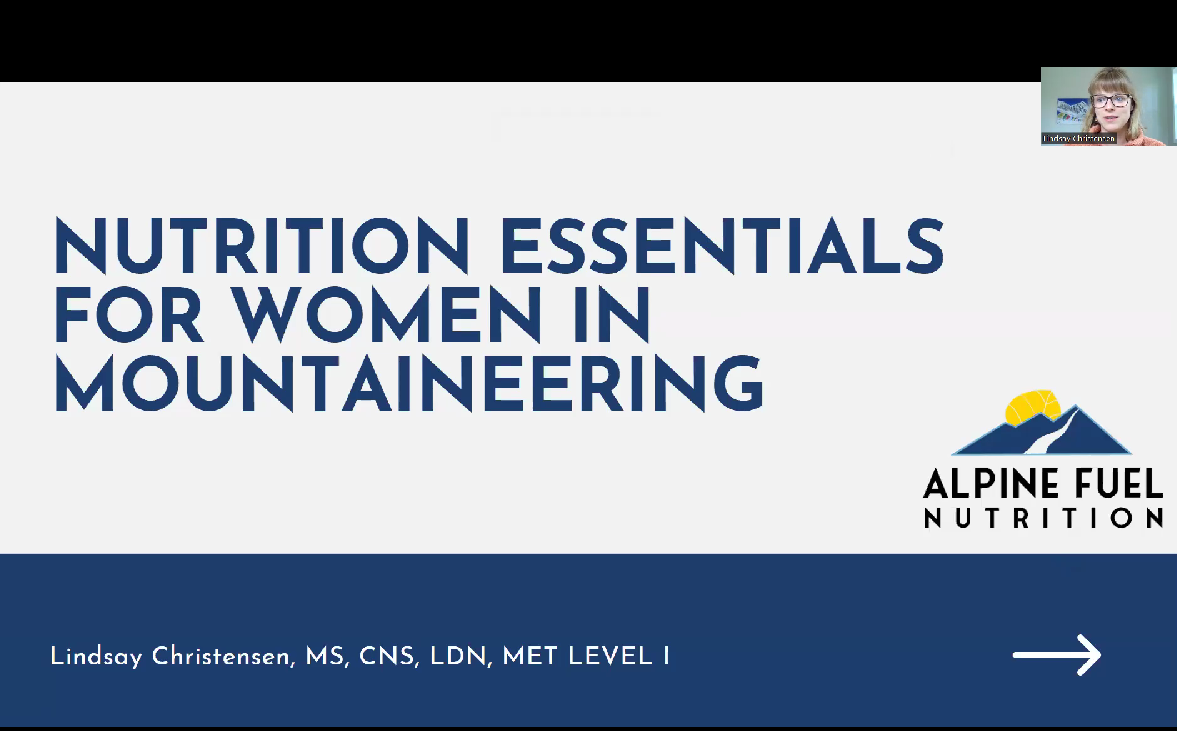


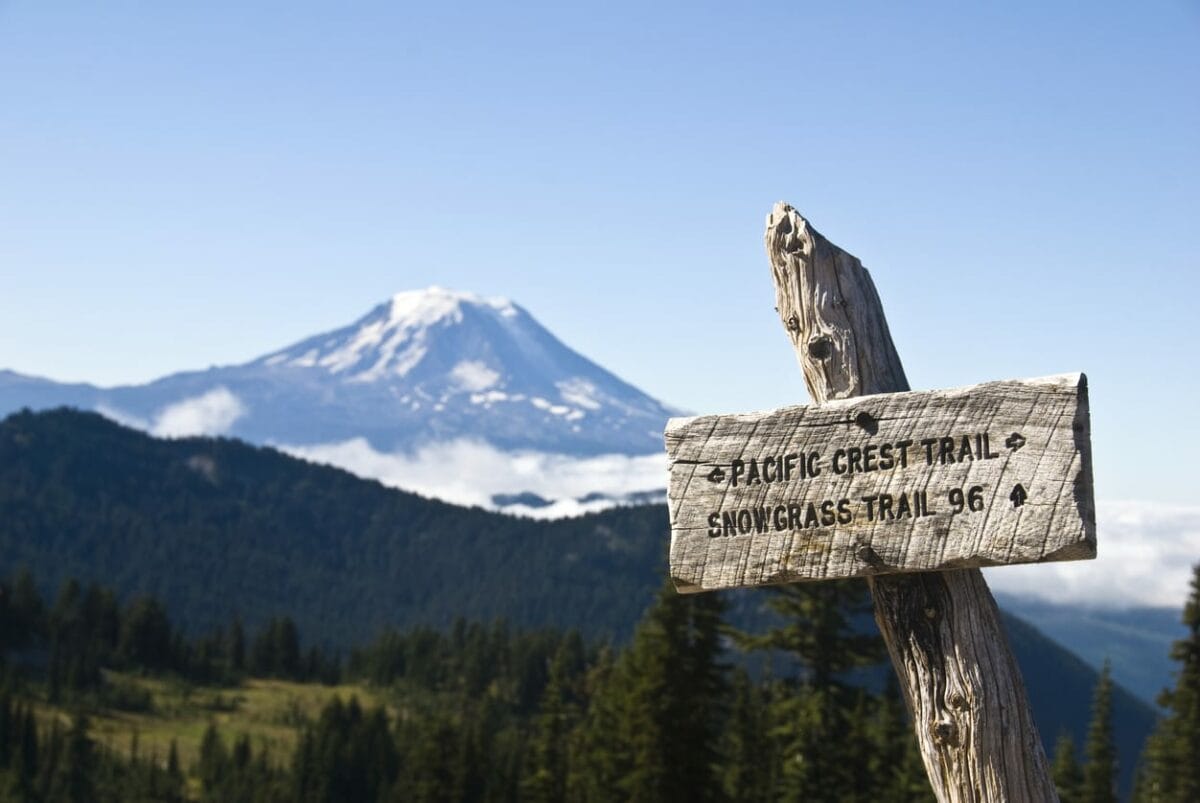

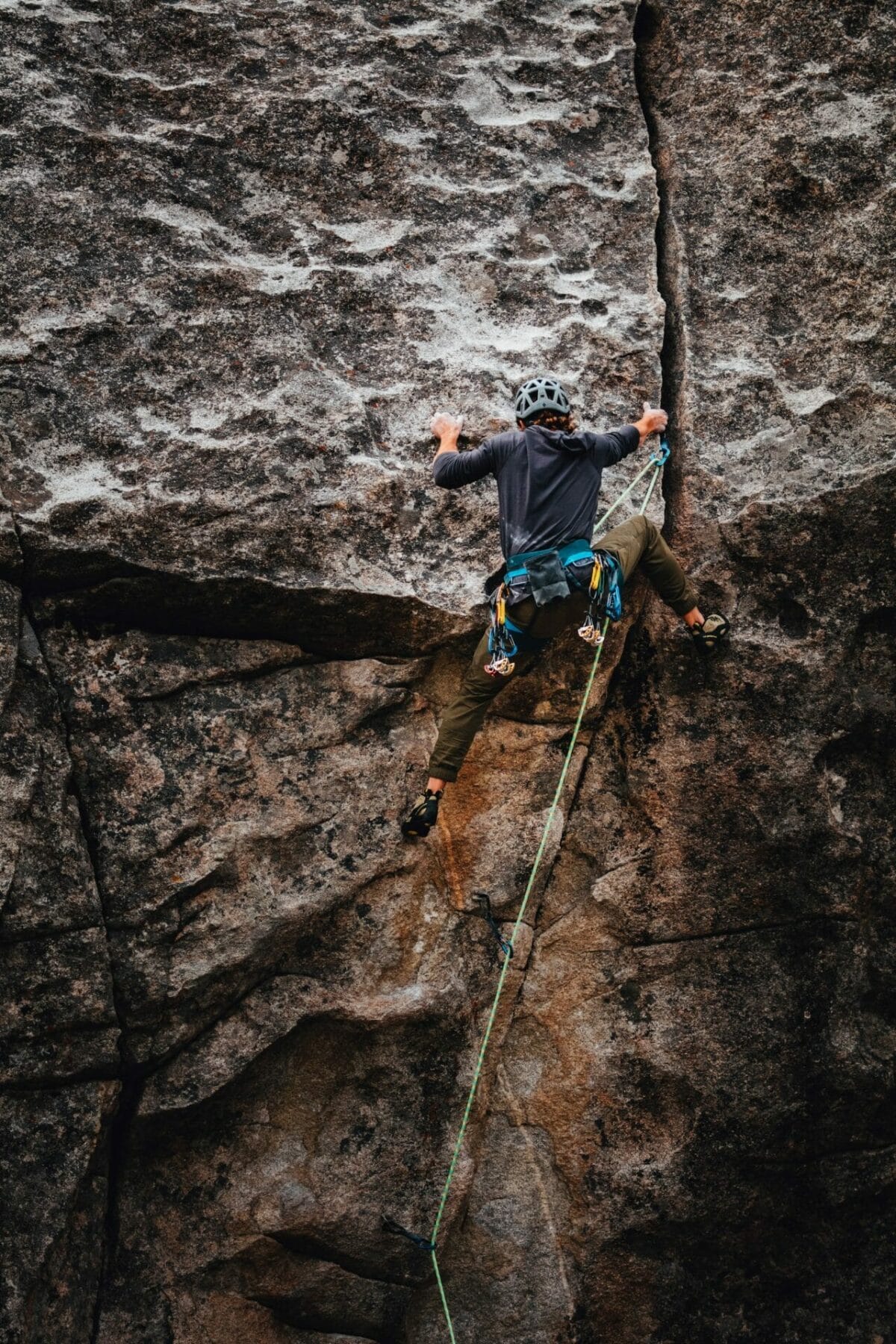
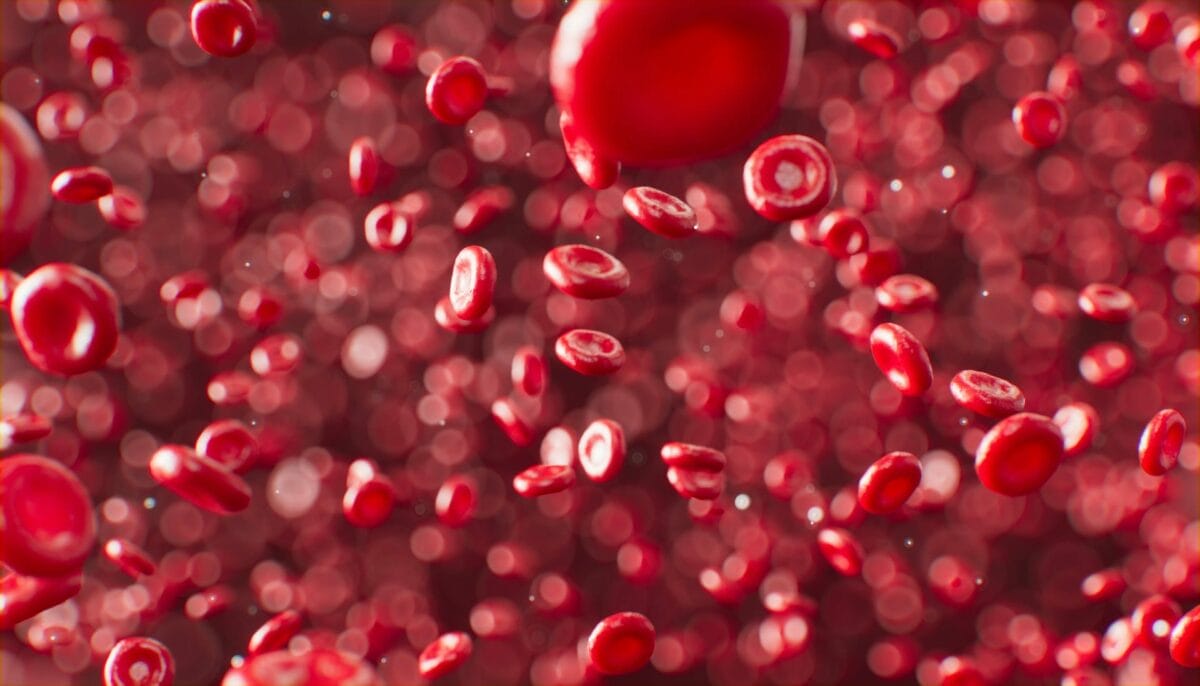
Sign up for updates that come right to your inbox.